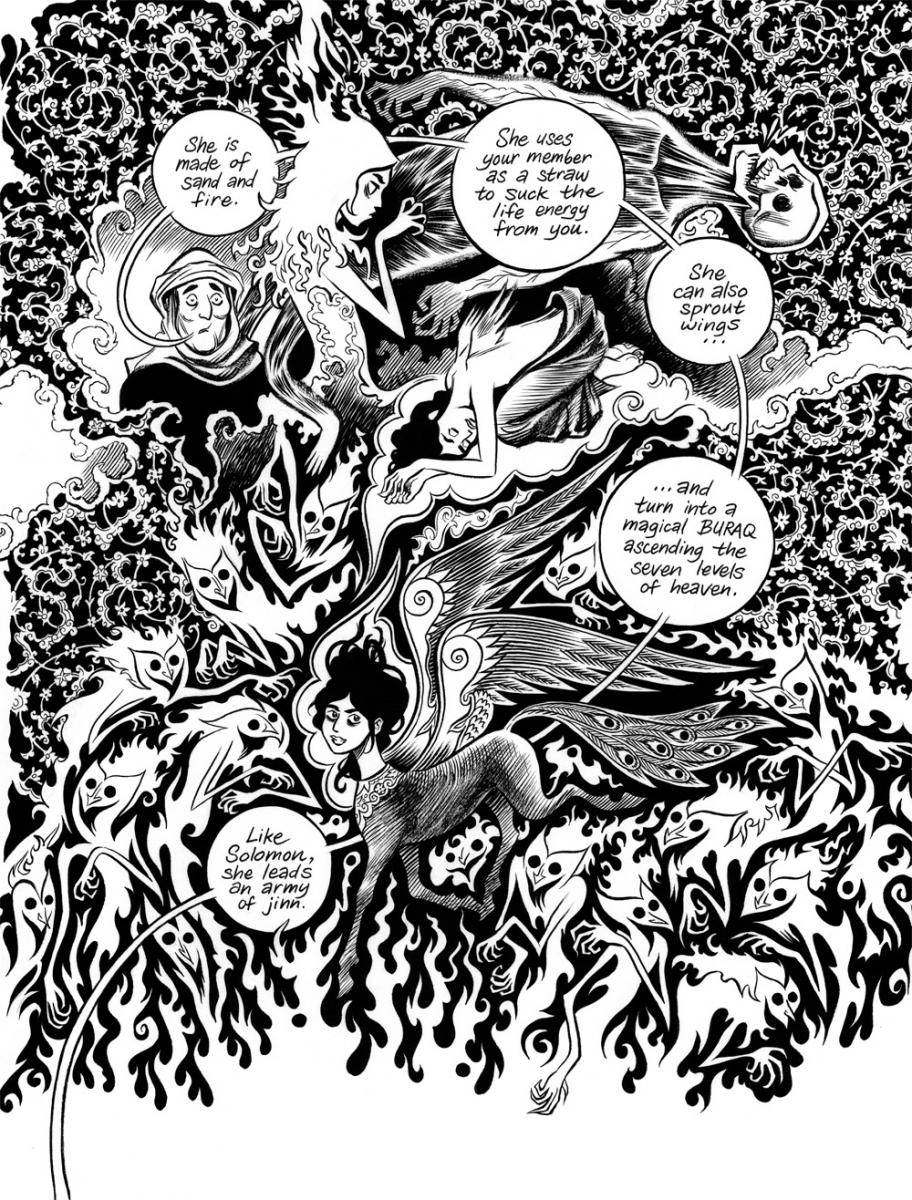Dan Josefson's debut novel is an odd piece of fiction set in a darkly wrought juvenile camp for troubled children in upstate New York. Benjamin has been abandoned at Roaring Orchards by his parents and narrates his immersion into the strange community that is made up of unreliable, neurotic adults serving as counselors, and their delinquent young charges. These adults are hinted to have just as serious personal problems plaguing them as the kids at the camp, and multiple even dislike the techniques and structure that make Roaring Orchards so different.
 The novel is populated by such a large cast of adults and teens that you don't really get a strong sense of any personalities, even our oddly omnipotent narrator Benjamin, who inexplicably describes scenes he didn't witness. Indeed, the character most likely to encourage connection with a reader is Tidbit, who is the closest thing Benjamin has to a friend, and also a compulsive liar. Tidbit's experience with the camp sets the scene, but again oddly enough, as narrated by Benjamin. It's an uncomfortable structure that muddied the waters for me. I kept waiting for Benjamin to have meaningful moments with counselors like Aaron and Doris, who he offers incredibly intimate insights on, but my waiting never offered up any fruit in that case
The novel is populated by such a large cast of adults and teens that you don't really get a strong sense of any personalities, even our oddly omnipotent narrator Benjamin, who inexplicably describes scenes he didn't witness. Indeed, the character most likely to encourage connection with a reader is Tidbit, who is the closest thing Benjamin has to a friend, and also a compulsive liar. Tidbit's experience with the camp sets the scene, but again oddly enough, as narrated by Benjamin. It's an uncomfortable structure that muddied the waters for me. I kept waiting for Benjamin to have meaningful moments with counselors like Aaron and Doris, who he offers incredibly intimate insights on, but my waiting never offered up any fruit in that case
There really isn't a slow build up to any particular climax, but more the meandering nonsense of day to day antics and outbursts of the kids, paired with the ineffectual and oftentimes laughable pseudo-psychology of the camps' staff, as headed by the elusive and charismatic Aubrey.
The kids are routinely ostracized and manipulated, and sinister enough in their desperation to manipulate right back. That is where Josefson truly shines; you absolutely believe them capable of the haphazard chaos they create within and around themselves. There's a shamelessness in the drama that is life within this dry, sometimes bleak place that Josefson evokes consistently throughout this novel.
Aside from those bursts of action supplied by trouble making kids, the novel doesn't build directly upwards into a climax. It can be a bit dry at times, and chillingly unpredictable. The drawback is that it didn't encourage me to read on from chapter to chapter; it really felt like work. The humor is quiet, and bittersweet. You'll laugh as you flinch at the awkwardness of the shunning and other absurd counseling techniques.
 The novel is populated by such a large cast of adults and teens that you don't really get a strong sense of any personalities, even our oddly omnipotent narrator Benjamin, who inexplicably describes scenes he didn't witness. Indeed, the character most likely to encourage connection with a reader is Tidbit, who is the closest thing Benjamin has to a friend, and also a compulsive liar. Tidbit's experience with the camp sets the scene, but again oddly enough, as narrated by Benjamin. It's an uncomfortable structure that muddied the waters for me. I kept waiting for Benjamin to have meaningful moments with counselors like Aaron and Doris, who he offers incredibly intimate insights on, but my waiting never offered up any fruit in that case
The novel is populated by such a large cast of adults and teens that you don't really get a strong sense of any personalities, even our oddly omnipotent narrator Benjamin, who inexplicably describes scenes he didn't witness. Indeed, the character most likely to encourage connection with a reader is Tidbit, who is the closest thing Benjamin has to a friend, and also a compulsive liar. Tidbit's experience with the camp sets the scene, but again oddly enough, as narrated by Benjamin. It's an uncomfortable structure that muddied the waters for me. I kept waiting for Benjamin to have meaningful moments with counselors like Aaron and Doris, who he offers incredibly intimate insights on, but my waiting never offered up any fruit in that case There really isn't a slow build up to any particular climax, but more the meandering nonsense of day to day antics and outbursts of the kids, paired with the ineffectual and oftentimes laughable pseudo-psychology of the camps' staff, as headed by the elusive and charismatic Aubrey.
The kids are routinely ostracized and manipulated, and sinister enough in their desperation to manipulate right back. That is where Josefson truly shines; you absolutely believe them capable of the haphazard chaos they create within and around themselves. There's a shamelessness in the drama that is life within this dry, sometimes bleak place that Josefson evokes consistently throughout this novel.
Aside from those bursts of action supplied by trouble making kids, the novel doesn't build directly upwards into a climax. It can be a bit dry at times, and chillingly unpredictable. The drawback is that it didn't encourage me to read on from chapter to chapter; it really felt like work. The humor is quiet, and bittersweet. You'll laugh as you flinch at the awkwardness of the shunning and other absurd counseling techniques.



